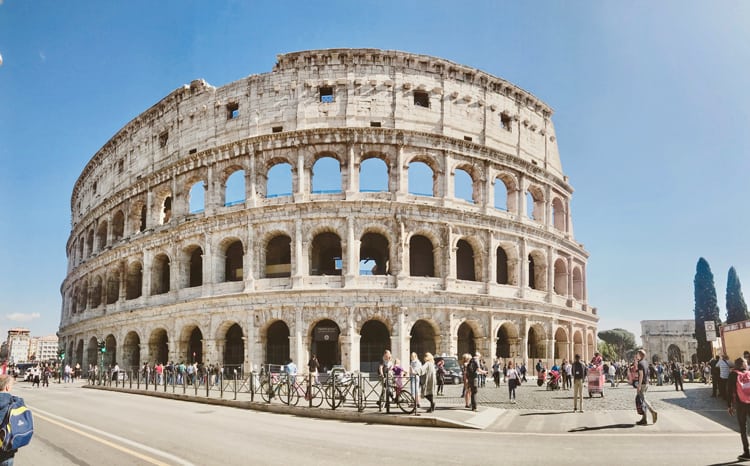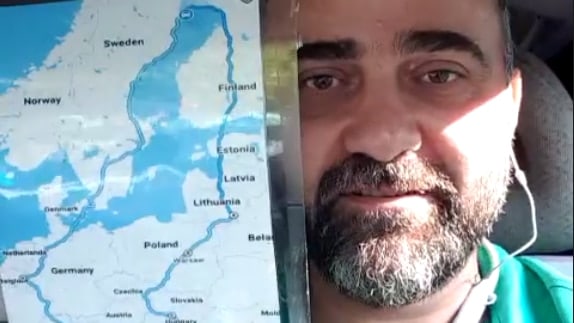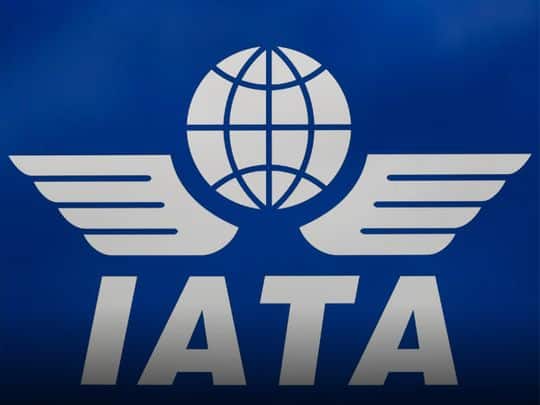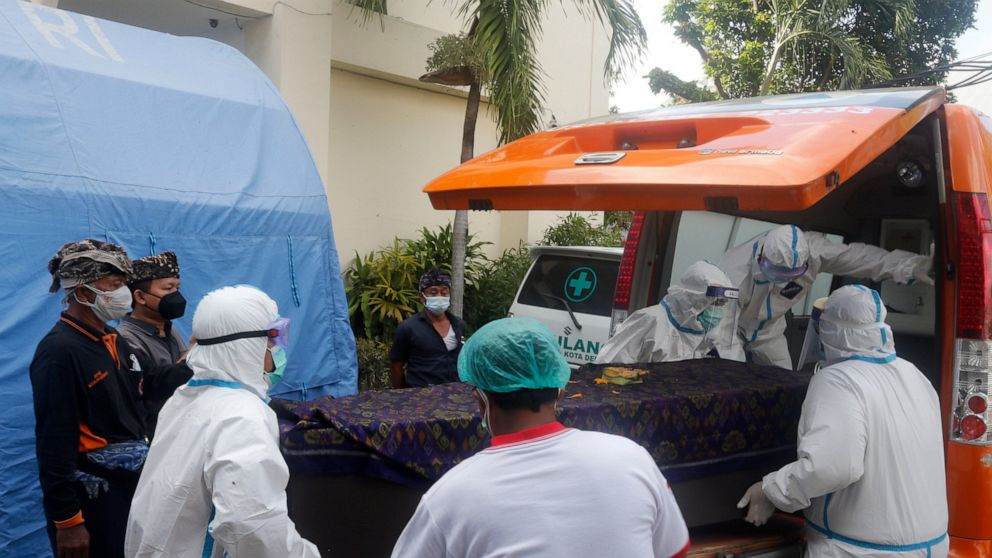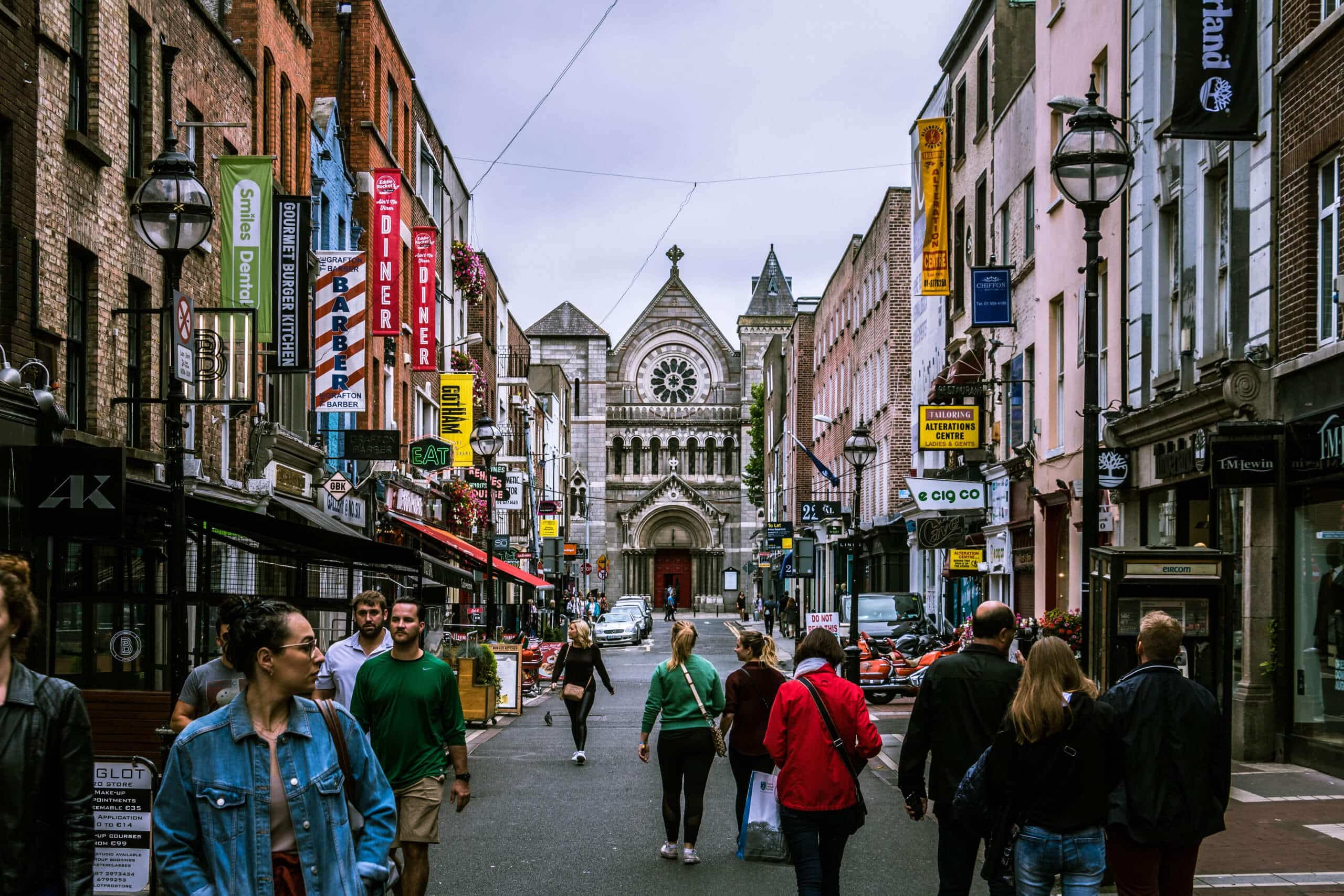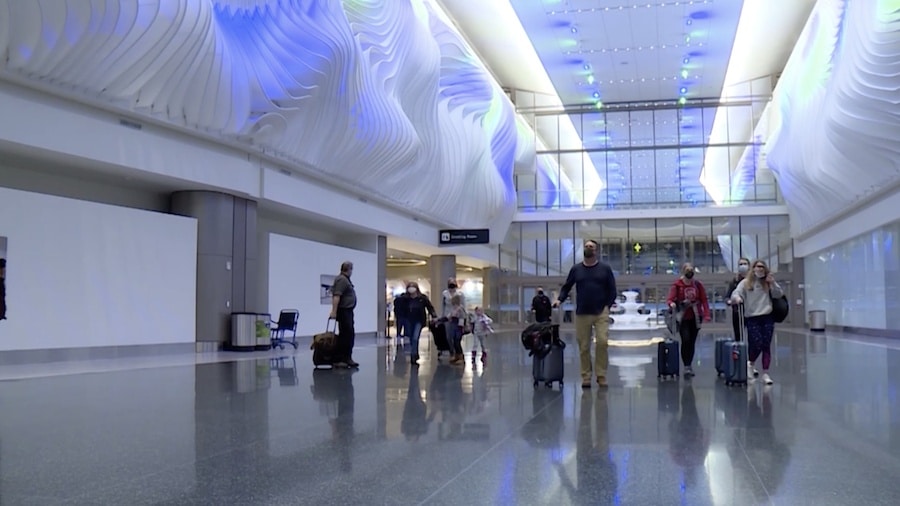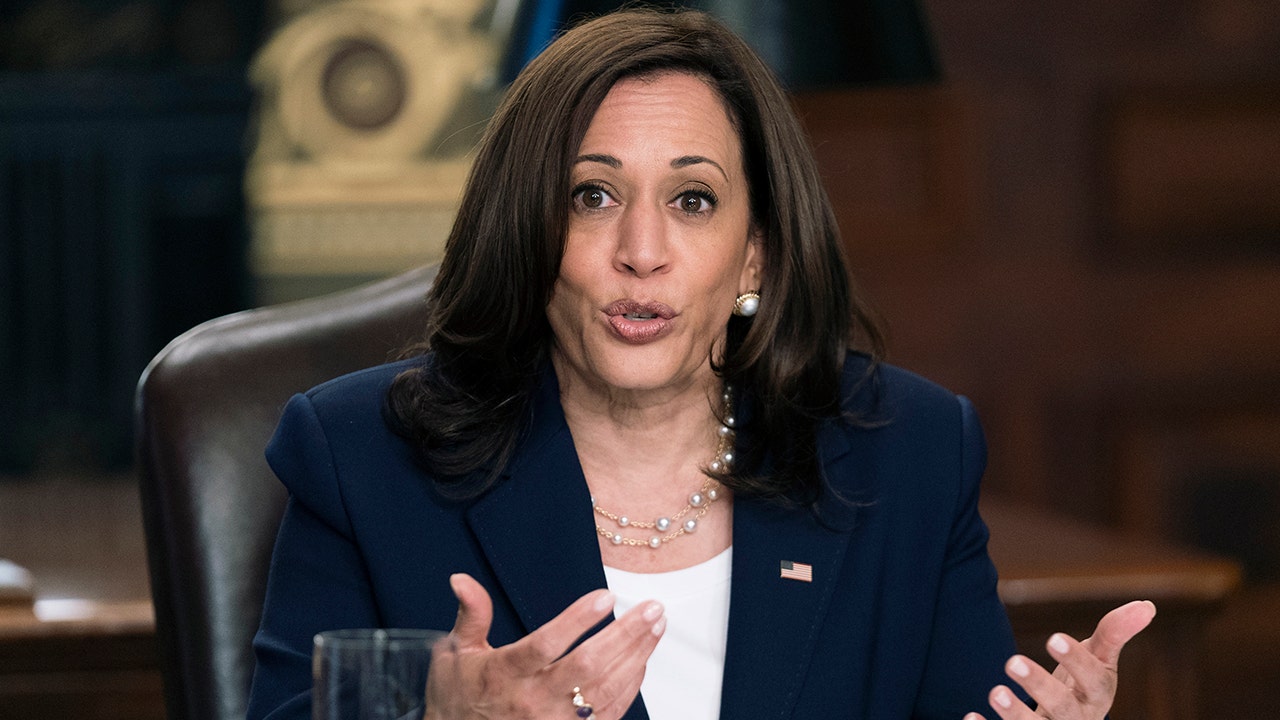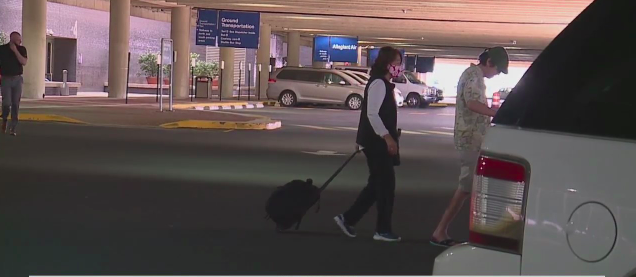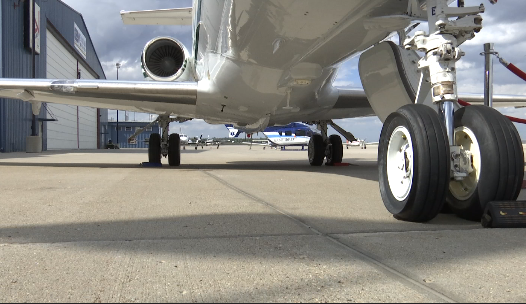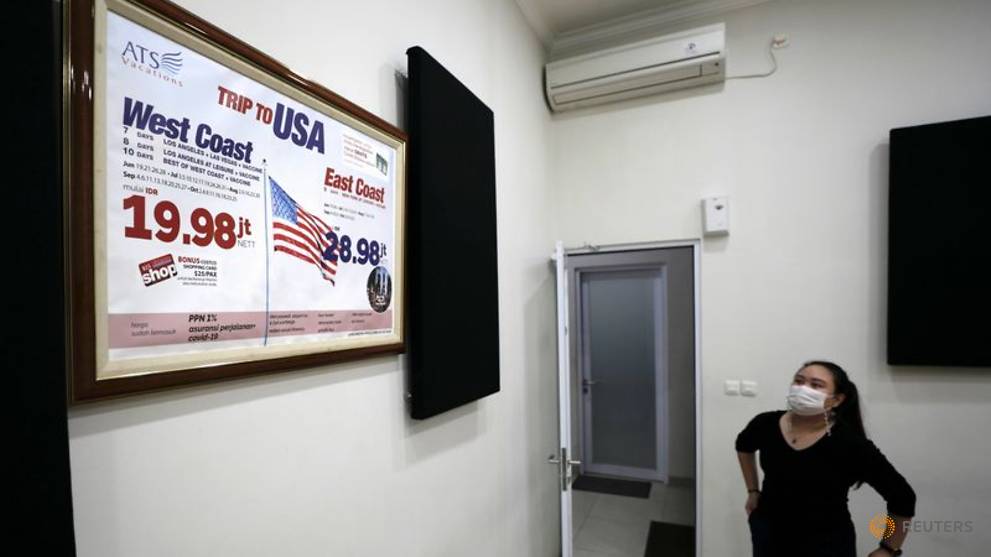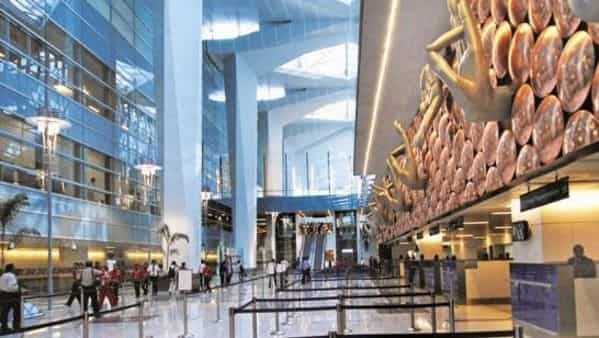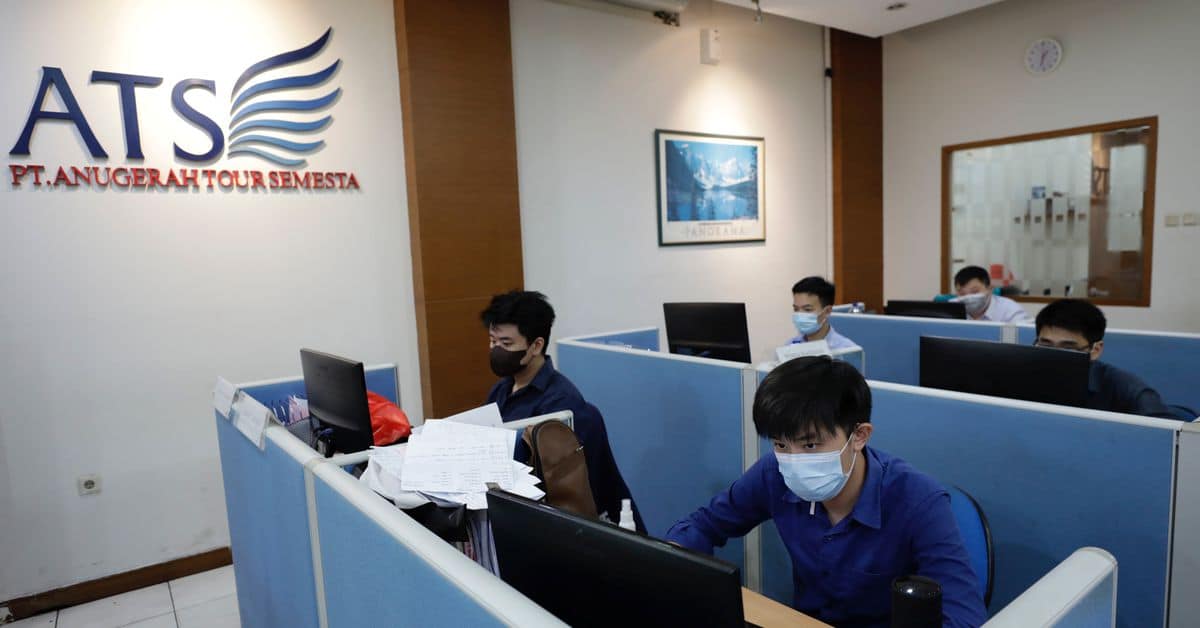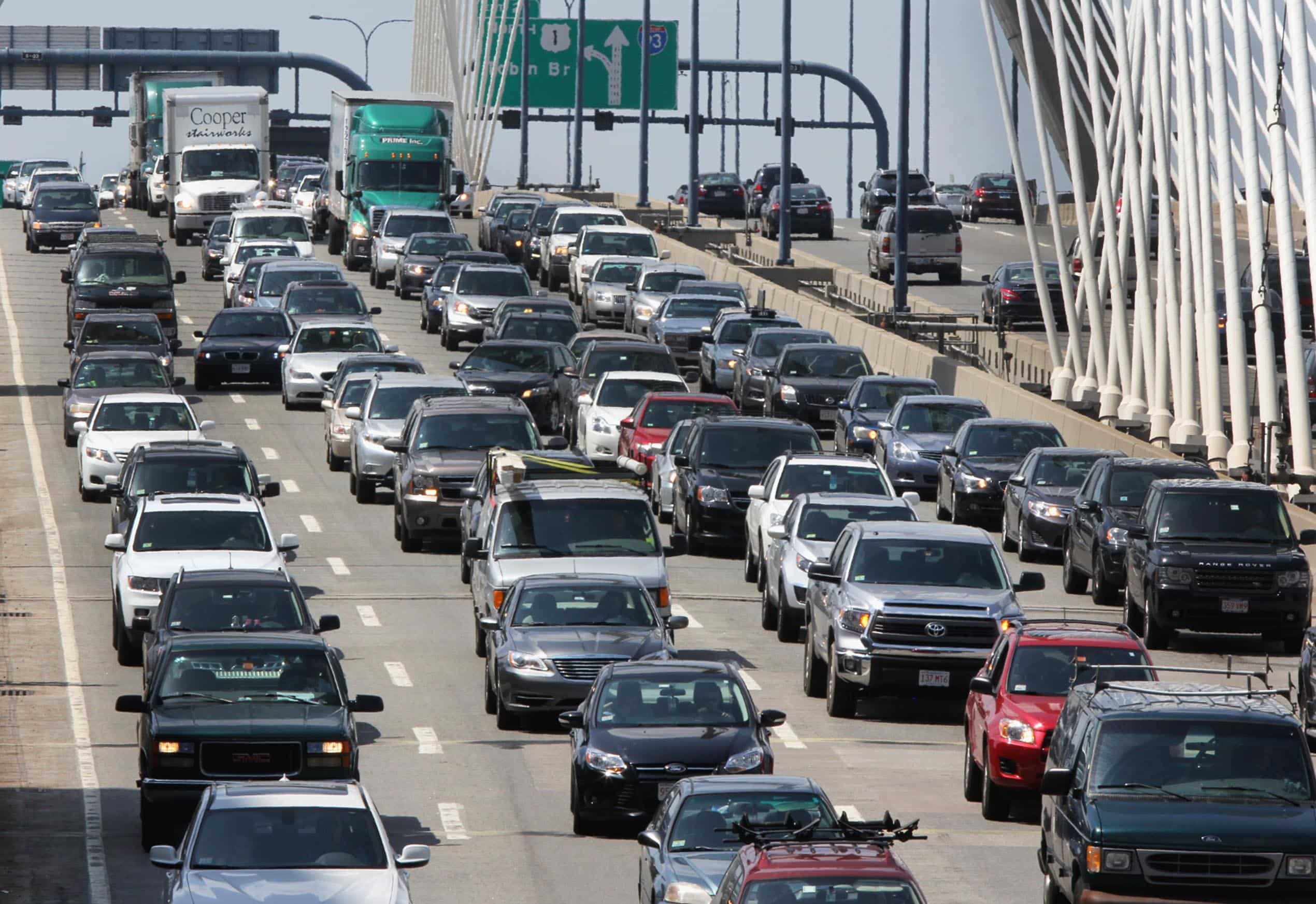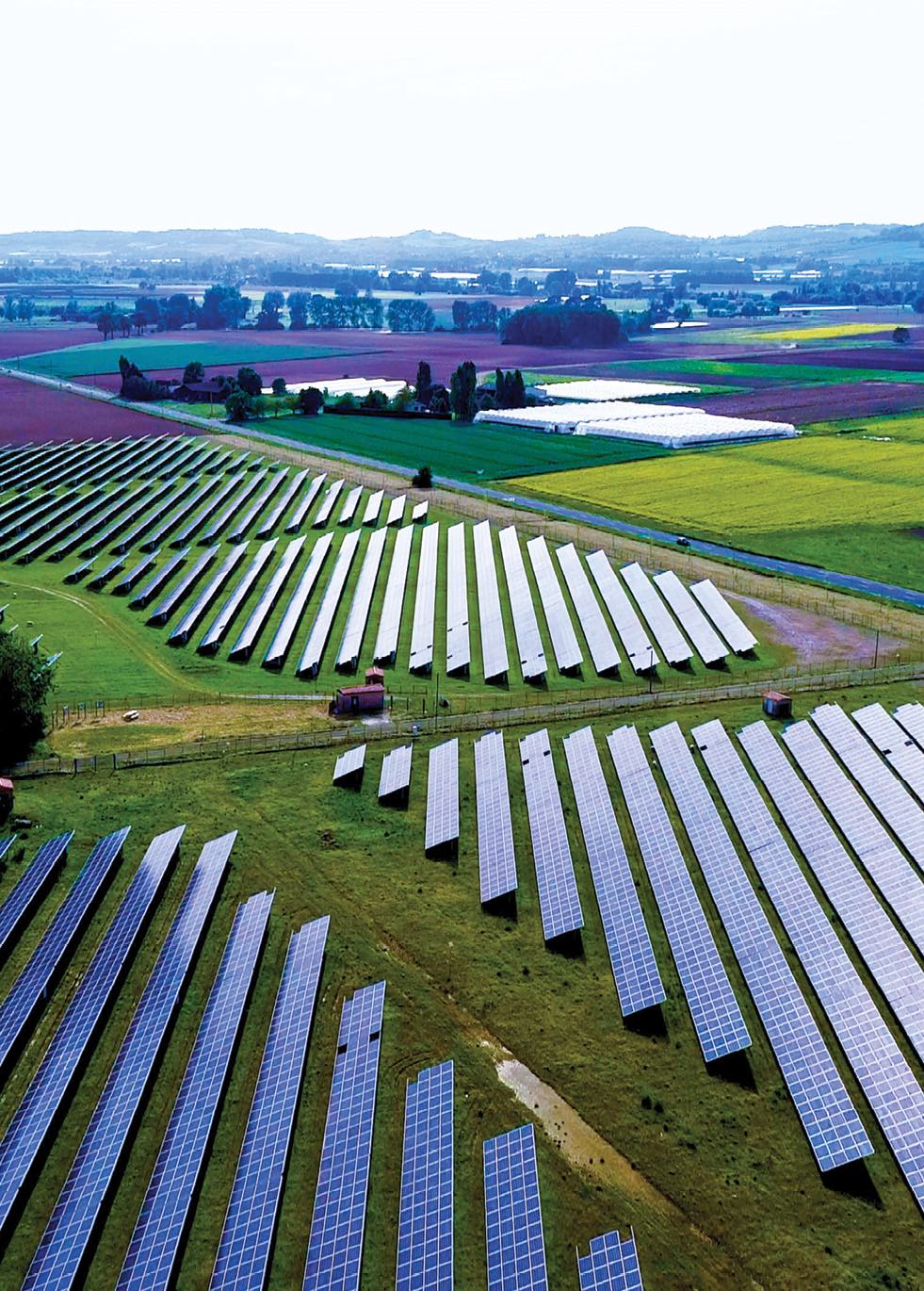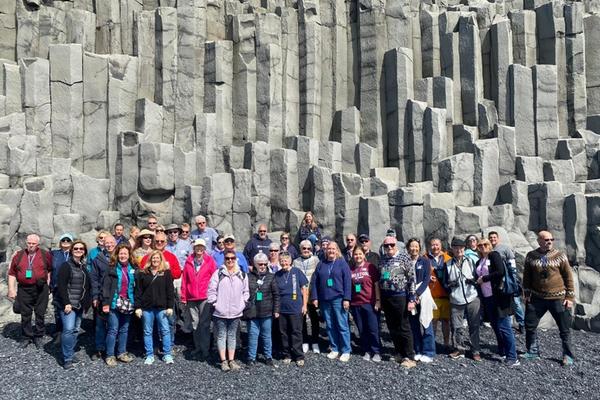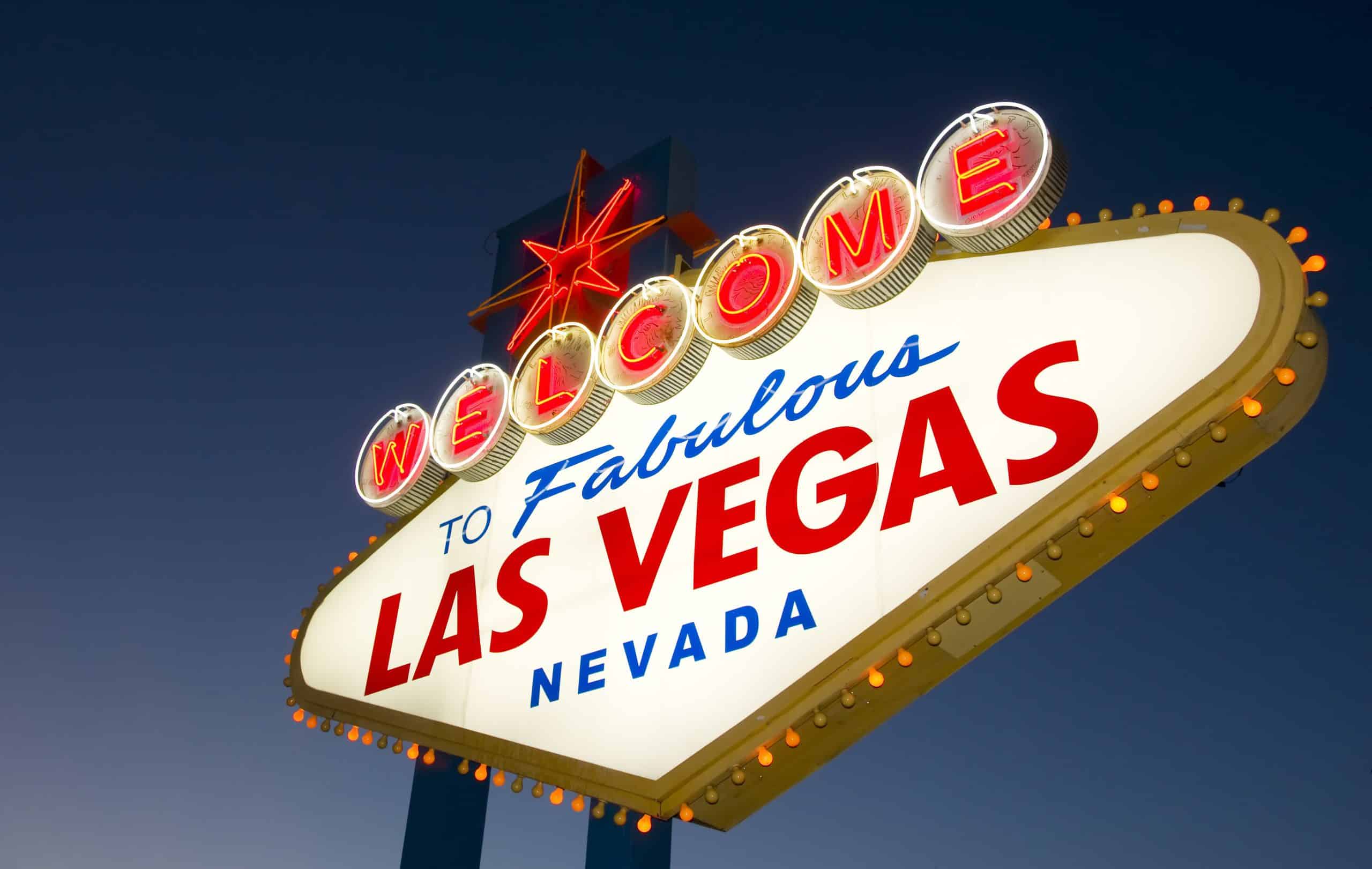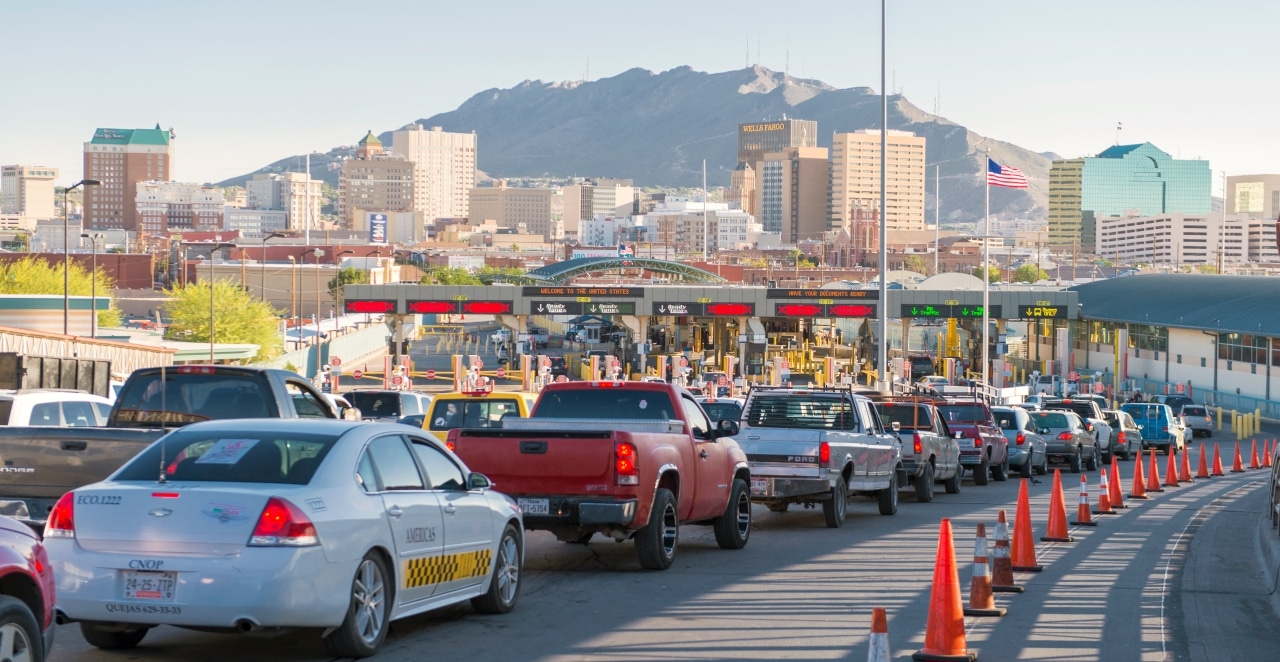
Parked outside a Croatian hostel having driven all the way from Sweden, Edmond Faddilsson struggles to list all the countries he’s visited on a rampaging post-vaccine tour of Europe.
“I need to count them,” he says.
“Sweden, Finland, Estonia, Latvia, Lithuania, Poland, Serbia, Hungary, Romania, Bulgaria, Greece, Bosnia, Montenegro.
“I’m addicted to travel, actually.”
Over Zoom, the Swede holds up the laminated A4 “vaccination pass” that he presents to border guards when he enters a country.
 Edmond with his EU vaccine passport.
Edmond with his EU vaccine passport.
(
ABC Science: James Purtill
)
Titled the “EU Digital COVID Certificate”, this simple document has let him breeze through checkpoints that would have otherwise turned him away or required quarantine.
Since being issued the pass in late July, he’s barely stopped travelling, relishing the freedom of movement after a long period of staying home.
He plans to visit 26 countries over a few weeks.
International quarantine-free travel like Edmond’s may seem impossibly distant for many Australians right now, but it’s slowly on its way.
At some point, enough people will be vaccinated for the borders to reopen.
When that hurdle is cleared, there’ll be another: proving to destination countries that you are, in fact, vaccinated.
This will require international vaccine passports.
Here’s how they might work.
Catch up on the main COVID-19 news from August 18 with a look back at our blog
A patchwork of destinations and vaccine passports
In recent weeks, we’ve heard a lot about domestic vaccine passports that would allow vaccinated Australians greater freedoms.
From a technical perspective, such passports are relatively simple.
Services Australia has already negotiated a deal with Apple and Google to allow iPhone and Android digital wallets that show Australians’ COVID-19 vaccination records from their MyGov accounts.
Vaccine passports for international travel, however, are far more complicated.
They require national governments to work together and trust each other; to recognise each other’s systems and standards.
And if the pandemic and national border closures has taught us anything, it’s the difficulty of international cooperation.

 No mask, no problem: Tourists take pictures as they cross Westminster Bridge in London.
No mask, no problem: Tourists take pictures as they cross Westminster Bridge in London.
(
Getty Images: Hollie Adams
)
Matt Warren, director of the RMIT Centre of Cyber Security Research and Innovation, has been thinking about what the resumption of global travel may look like for Australians.
At first, the international departures board at our airports will be a fairly sparse offering of destinations.
“This isn’t going to be a time when we can just travel anywhere,” he said.
“We’re going to be constrained by the fact we can only travel to countries where there’s a bilateral agreement to accept the vaccine passport information from each country.”
At the top of the list will be countries with high vaccination rates. This rules out many developing countries; just 1.1 per cent of people living in low income countries have received one dose of a COVID vaccine.
On top of this, the destination country will need to have a vaccine certification system that the Australian government can trust.
As a result, the first flights will be to a predictable list of wealthy countries, which will probably have their own vaccine passport requirements. They may even have a separate passport for travel within the country.
You may require one vaccine passport for the airline itself, one for customs on arrival, and another to access the cafes and museums.
“In an ideal world, it should be a smooth process,” Professor Warren said.
“The reality is, that’s not going to happen. There isn’t going to be one global system at the moment.”
Read more about the spread of COVID-19 in Australia:
An exercise in international trust and confidence
Because there’s no global system, there’s no common standard for certifying whether or not someone is vaccinated.
This matters when it comes time for the Australian government to negotiate two-way travel agreements.

 Tourists pack a narrow street in Normandy, France, last month.
Tourists pack a narrow street in Normandy, France, last month.
(
Getty Images: Sameer Al-Doumy
)
For example, if Australians want to travel to Spain for the northern summer of 2022, the Australian government will have to strike a deal with the European Union.
To do this, it has to be confident that the Europeans who may travel to Australia have, in fact, been vaccinated.
“Would you trust a government on the other side of the world to add the correct ledger information to a person’s record?” Professor Warren said.
“The technology is there to make it happen. The problem you have is the implementation of it, and this is where the real-world human aspects start to become an issue.”
There are already reports of EU Digital COVID Certificates being faked.
US government investigators have also reported seizing hundreds of counterfeit Centers for Disease Control or CDC cards on a nightly basis.
CDC cards are issued to Americans as proof of vaccination status and have been used by US travellers as vaccine passports to enter places such as Europe, Canada and the UK.

 The US CDC cards are about as simple as you can get, but are forgeable too.
The US CDC cards are about as simple as you can get, but are forgeable too.
(
Getty Images: Joan Slatkin
)
Likewise, the Australian COVID-19 vaccination certificate has proved easy to fake (though admittedly it’s not designed for international travel).
Expect vaccine passport systems to be scrutinised for vulnerabilities and loopholes, Professor Warren said.
“The problem you have is with any technology, you’re going to have people who are going to try to find weaknesses in that technology,” he said.
“Particularly from the anti-vaxxer movement, who want to travel but don’t want to have the vaccine.”
What’s Australia doing?
In July, following discussions with world leaders at the G7 summit, Prime Minister Scott Morrison said an “internationally recognised” vaccine certificate would be available to Australians by October.
A Fairfax-Nine report earlier this month said the federal government backed a QR code vaccine certificate for quarantine-free international travel.
The Department of Foreign Affairs and Trade has been contacted for comment.
Though we aren’t able to confirm the details of Australia’s international vaccine passport, it’s a pretty good bet it will feature a QR code.
Coronavirus questions answered


Breaking down the latest news and research to understand how the world is living through an epidemic, this is the ABC’s Coronacast podcast.
Read more
Back in May, the OECD (an organisation of developed economies, of which Australia is a member) proposed a QR-code-based system for international vaccine passports.
Qantas has also trialled a vaccine passport system, the International Air Transport Association’s (IATA) Travel Pass, which uses QR codes linked to passenger COVID-19 lab results and vaccination records.
The IATA Travel Pass has also been trialled by several other major airlines that fly to Australia, such as Singapore Airlines and Emirates.
Some experts say the system could become the defacto international vaccine passport for Australians.
Dave Parry, a professor of computer science at the University of Auckland, said the aviation industry was leading the effort to develop a standard system that would facilitate international travel.
“From the airline’s point of view, they really want it to happen because it’s one standard, which is great for them,” he said.
“The airlines are fined if they take anybody who isn’t allowed to travel.
“They want to verify in advance that if they allow you onto the plane, you will be allowed off at the other end.”
How do vaccine passports work?
Let’s take the IATA Travel Pass as an example.
The system would work by establishing an international network of trusted vaccine providers and COVID-19 testing labs.
These providers access IATA software to log the identity and details of people receiving the vaccine or getting a COVID-19 test (and upload the details of those who have already received the vaccine).
Once logged in, the provider generates a QR code, which the passenger scans using the IATA Travel Pass app on their phone.

 A protest in Paris against the use of vaccine passports.
A protest in Paris against the use of vaccine passports.
(
Getty Images: Geoffroy van der Hasselt
)
The app then informs the passenger about their destination’s health requirements. If they need a recent negative COVID-19 test result, for example, it provides a list of trusted labs.
Once they meet the health requirements, they’re issued an “OK to travel” credential.
When checking in for their flight, the passenger uses their phone to share this credential.
The advantage of this approach is a person’s sensitive data about vaccine status and test results is not stored on a centralised airline database, but is encrypted on their personal device.
The airline knows nothing about a passenger’s health status other than that a trusted third party has verified they can fly.
“We don’t need to actually send the information about which particular vaccine you had,” Professor Parry said.
“We just need to show that when we ask your national system, it says, ‘yes, this person is valid’.”
Read more about the vaccine rollout:
Can the passports be faked?
For a person to cheat such a system, they would have to either find an IATA trusted vaccine provider willing to register them as vaccinated, or corrupt the national immunisation register.
The fact that this is possible means that, once again, governments will have to trust each other.
And this is where many governments may falter, experts say.
Professor Parry believes some will want their own vaccine passport systems that gather more information about arrivals than the IATA Travel Pass does.
“That means sharing a lot of your medical information with foreign governments, which you may not want to do,” he said.
Governments may even demand travellers use tracking apps, he added.
“There’ll be more invasive apps, where they say we really want to track where you are, we really want more information about you, and that’s the price of being allowed to come into our country.”

 The IATA Travel Pass will be difficult to counterfeit, experts say.
The IATA Travel Pass will be difficult to counterfeit, experts say.
(
Supplied: IATA
)
Professor Warren agreed.
“As well as your COVID passport data, they would want your biometric data to allow tracking of foreign individuals in these countries.
“That is a slow erosion of people’s privacy, because you have no ownership over that data, you don’t know how it’s going to be used.”
Taiwan, for example, has been tracking people’s locations via their mobile devices while under home quarantine.
For the moment, however, these bleak scenarios are all speculation.
Quarantine-free international travel is resuming in an ad hoc way, and without onerous conditions.
There are weekly announcements of new two-way travel agreements between countries: Canadians with vaccine passports can now travel quarantine-free to Italy, while Japanese with vaccine passports can travel quarantine-free to Germany.
Can I use my vaccine certificate to travel abroad?
Until Australia launches its own international vaccine passport, Australians will rely on the Australian COVID-19 digital certificate, which is automatically generated after a patient has been vaccinated in Australia.
It’s not yet clear if this can be used as a pass for travelling abroad.
EU regulations say member states can accept third-country certificates to grant quarantine-free travel across borders.

 An example of a COVID-19 digital certificate accessible on the Express Plus Medicare app.
An example of a COVID-19 digital certificate accessible on the Express Plus Medicare app.
(
Supplied
)
Aside from the certificate, there’s the separate issue of whether a country will recognise the type of vaccine.
The Australian-manufactured version of AstraZeneca, rebranded “Vaxzevria”, has not yet been recognised by the European Medicines Agency.
That could present a problem for some Australians when they travel to Europe.
In the US, only three COVID-19 vaccines are authorised for use, including Pfizer, but not AstraZeneca. Australians can enter subject to proof of a recent negative COVID-19 test, though.
When international tourism resumes, expect flights from Australia to be cheap, said Tony Webber, a former Qantas chief economist who is now an associate professor at the University of Sydney.
“You might see pricing heavily discounted to get people back into air travel.”
But that won’t last: the airlines will pump up the prices.
“Over the medium term, they will need to recover the profits they’ve lost over last two years,” Dr Webber said.
International travel with COVID-19 won’t be simple or cheap, but, after recent years, few will be taking it for granted.
What you need to know about coronavirus:
Loading form…







